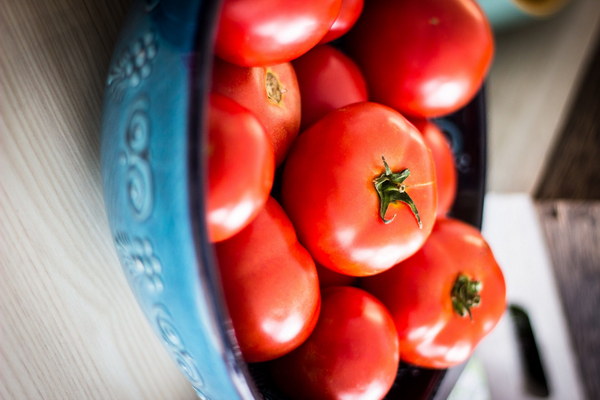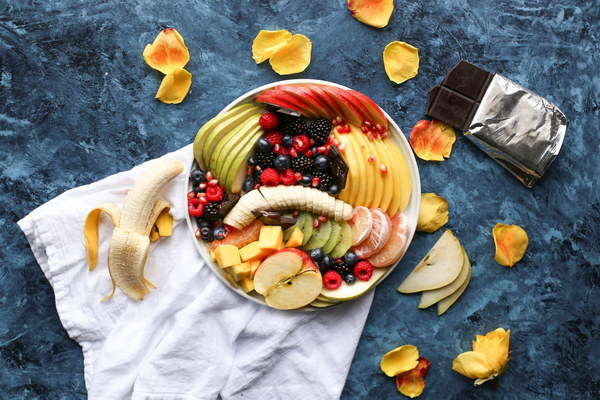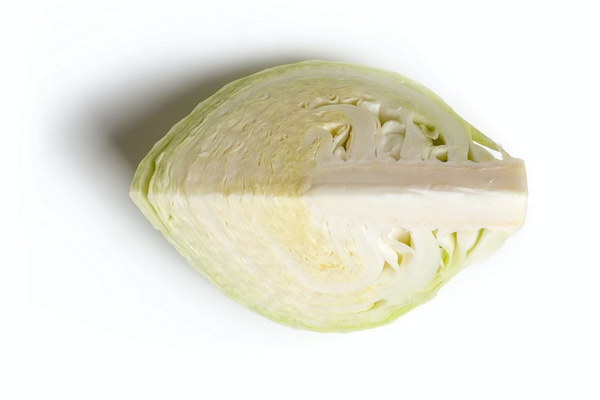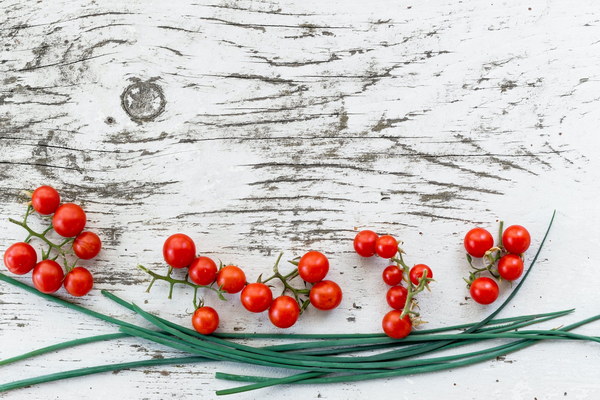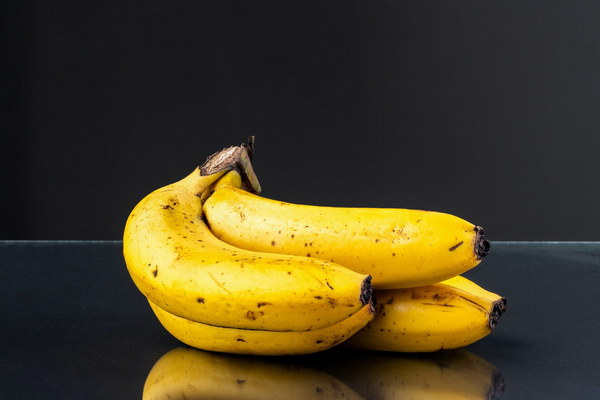Nourish Your Qi and Blood A Comprehensive Guide to Food-Based Remedies
In the realm of traditional Chinese medicine, the concept of Qi and Blood is integral to maintaining a healthy and balanced life. Qi, often translated as vital energy, is the fundamental life force that flows through the body, sustaining all its functions. Blood, on the other hand, is seen as the substance that nourishes and protects the body. When either is deficient, it can lead to various health issues. This article explores how to supplement Qi and Blood through diet, offering a comprehensive guide to food-based remedies.
Understanding Qi and Blood Deficiency
Qi and Blood Deficiency can manifest in various ways, including fatigue, weakness, pale complexion, hair loss, and poor concentration. To combat these issues, it's essential to understand the underlying causes. Common reasons for Qi and Blood Deficiency include stress, poor diet, lack of sleep, and excessive bleeding or loss of body fluids.
Food-Based Remedies for Qi and Blood
1. Animal Offal:
Animal organs, such as liver, kidney, and heart, are rich in nutrients that help build Qi and Blood. These organs contain essential amino acids, vitamins, and minerals that are beneficial for the body.
2. Dark Leafy Greens:
Dark leafy greens like spinach, kale, and Swiss chard are excellent sources of iron, calcium, and vitamins that aid in the production of red blood cells. These nutrients are crucial for replenishing blood levels.
3. Nuts and Seeds:
Nuts and seeds, such as almonds, walnuts, sunflower seeds, and flaxseeds, are rich in protein, healthy fats, and vitamin E, which contribute to the production of Qi and Blood.
4. Red Meat:
Red meat, like beef and lamb, is high in heme iron, which is more easily absorbed by the body than non-heme iron found in plants. This iron is essential for the production of hemoglobin, the protein in red blood cells that carries oxygen.
5. Root Vegetables:
Root vegetables like carrots, beets, and sweet potatoes are not only delicious but also packed with beta-carotene, which the body converts into vitamin A, an essential nutrient for Qi and Blood.
6. Fruits:
Fruits like dates, figs, and goji berries are natural energy boosters that help improve Qi and Blood. They are also rich in vitamins and minerals that support the body's overall health.
7. Herbs and Spices:
Herbs and spices like ginger, turmeric, and cinnamon can enhance the body's Qi and Blood. They also have anti-inflammatory properties, which can help alleviate symptoms associated with deficiency.
Creating a Balanced Diet
To effectively supplement Qi and Blood, it's essential to create a balanced diet that incorporates a variety of the above foods. Here are some tips for crafting a Qi and Blood-boosting meal plan:
- Include Animal Offal in Moderation: Aim for one to two servings per week, as these organs are high in cholesterol.
- Consume a Variety of Dark Leafy Greens: Incorporate these into salads, smoothies, or as a side dish.
- Snack on Nuts and Seeds: Have a small handful daily to maintain blood sugar levels and provide essential nutrients.
- Eat Lean Red Meat: Aim for three to four ounces of lean red meat per serving, and prepare it in a healthy manner, such as grilling or broiling.
- Cook with Root Vegetables: Use these as the base for soups, stews, or side dishes.

- Enjoy Fruits Daily: Aim for two to three servings per day, and choose a variety of colors to ensure a wide range of nutrients.
- Add Herbs and Spices: Use these in your cooking to add flavor and support your Qi and Blood.
By incorporating these food-based remedies into your diet, you can effectively boost your Qi and Blood levels, leading to improved health and vitality. Remember that it's essential to consult with a healthcare professional before making significant changes to your diet, especially if you have underlying health conditions.
